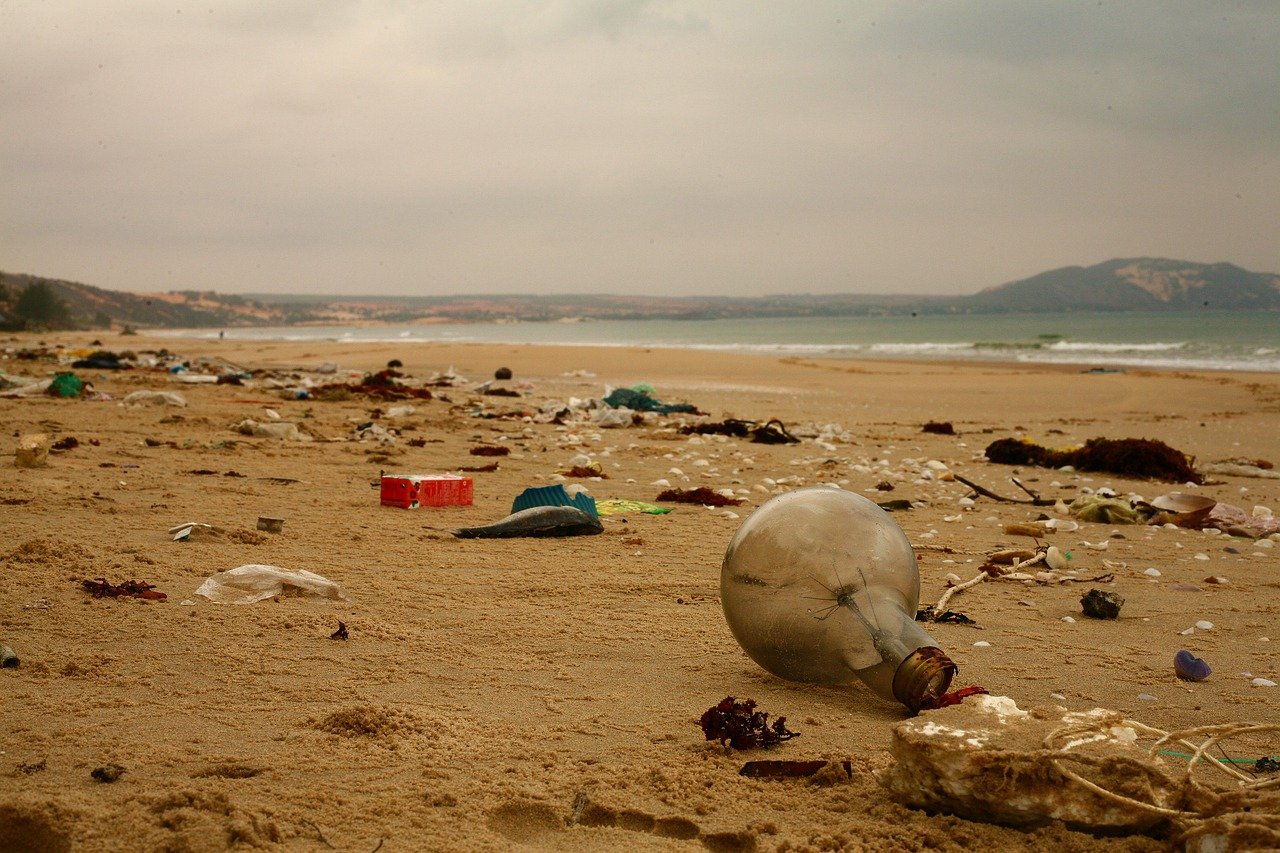 By making available in a user-friendly way the description, key challenges and results of selected Mediterranean case studies, https://bestpractices-waste-med.net aims to facilitate the transfer of knowledge and techniques to key stakeholders of the region and enable them to replicate or adapt these viable approaches. This first set of 20 cases covers various aspects of waste management including prevention, reduction, reuse, and recycling, as well as a variety of waste fractions and instruments: awareness raising, legal instruments, economic incentives, etc.
By making available in a user-friendly way the description, key challenges and results of selected Mediterranean case studies, https://bestpractices-waste-med.net aims to facilitate the transfer of knowledge and techniques to key stakeholders of the region and enable them to replicate or adapt these viable approaches. This first set of 20 cases covers various aspects of waste management including prevention, reduction, reuse, and recycling, as well as a variety of waste fractions and instruments: awareness raising, legal instruments, economic incentives, etc.
The overall aim of this ‘repository’ of selected practices is to promote circular economy and waste reduction across the municipal waste management chain in the Mediterranean region. Its creation was part of the work programme of the EU-funded Water and Environment Support (WES) in the ENI Neighbourhood South Region (2019-2023): identify, document, and disseminate key best practices to improve the implementation of the 3Rs for municipal waste in eight countries of the southern Mediterranean: Algeria, Egypt, Israel, Jordan, Lebanon, Morocco, Palestine, and Tunisia.
In early 2021, the European Union (through the WES project and MIO-ECSDE), UNEP/MAP, UfM and the Circle of Mediterranean Parliamentarians for Sustainable Development (COMPSUD) mobilised this collective effort to set the Mediterranean Strategy for Sustainable Development (MSSD) 2016-2025 Flagship Initiative 3.4.5 into motion, namely: Undertake regional assessments, as well as knowledge exchanges, of high- and low-tech solutions, that have been successfully implemented to achieve waste reduction. In its capacity of the inclusive, transversal, multi-stakeholder advisory body established in our region, the Mediterranean Commission on Sustainable Development (MCSD), at its 19th Meeting (7-9 June 2021), noted with appreciation the efforts provided to advance the implementation of the initiative, recommending to pursue such communication and capitalization actions.
The UfM contributed by directly contracting the web developers of the website. A green, fair and circular economy, Sustainable Consumption and Production (SCP) and minimization of plastics, solid waste management and abatement of marine litter, are all integral components the UfM’s 2030GreenerMed Agenda as adopted by the 2nd Ministerial Meeting on the 4th of October 2021.
The publicly available website has been translated and adapted into French and gives the opportunity to interested stakeholders to propose additional best practices to be considered.
The showcased 20 case studies were developed by WES consortium members MIO-ECSDE, ACR+ and LDK Consultants and selected out of many from various countries of the region via a stakeholder consultation to ensure their relevance and get a good overview of the key priorities, challenges, and needs of the different stakeholders: national governments and agencies, local authorities, waste utility companies, etc. Although some of them proved to face quite significant challenges (e.g., lack of proper regulation, unfavourable economic settings, etc.), they all offer valuable lessons learned that could inspire more actions to substantially reduce waste generation by 2030.
View this in French here